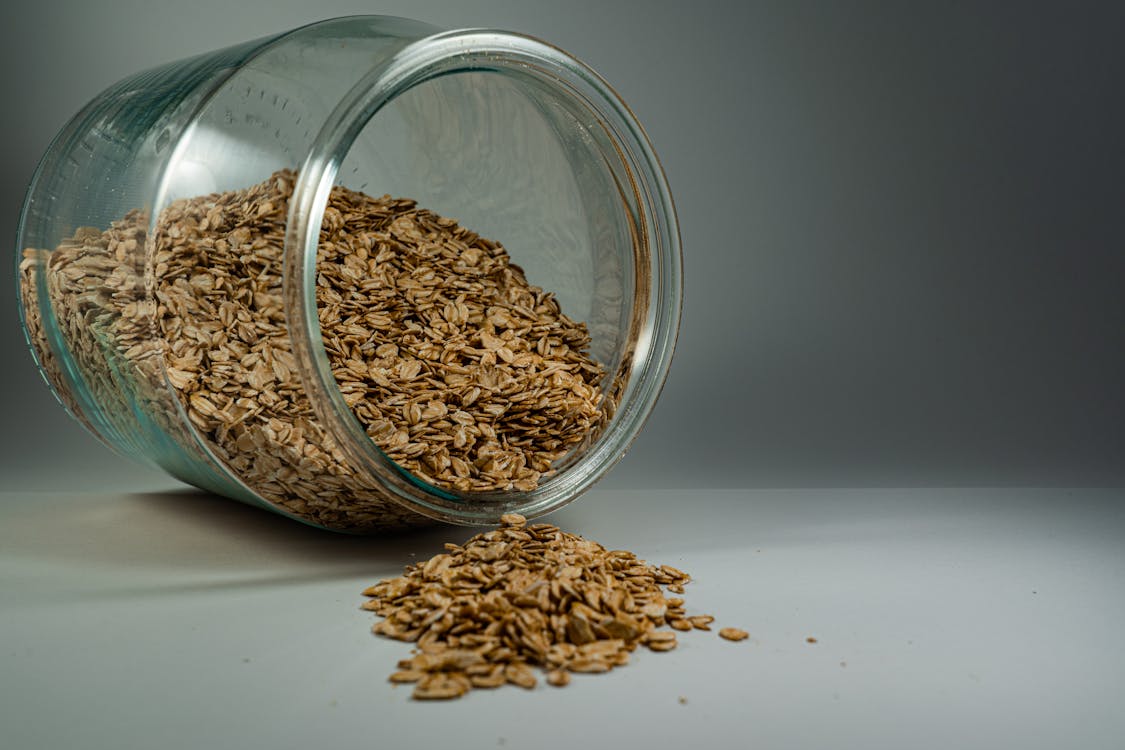How to Manage Weight and Lean Muscle Mass as a Pro Cheerleader

Professional cheerleading is a highly demanding sport that requires a delicate balance of strength, endurance, flexibility, and agility. Maintaining an optimal weight and lean muscle mass is essential for performance and injury prevention. For pro cheerleaders, managing these aspects while navigating a busy schedule of practices, performances, and travel can be challenging. This article explores strategies to manage weight and preserve lean muscle mass while supporting overall health and performance.
The Importance of Maintaining Weight and Lean Muscle
Pro cheerleaders often have specific body composition goals that optimize their performance. Maintaining a healthy weight ensures they can perform high-intensity stunts, tumbling, and dance moves without excess strain on joints and muscles. Lean muscle mass is crucial for strength, endurance, and injury prevention, allowing athletes to execute complex movements safely and efficiently.
However, it is important for cheerleaders to avoid extreme dieting or weight loss practices, as these can negatively impact energy levels, muscle mass, and overall health. Sustainable nutrition and fitness strategies are key to maintaining both weight and lean muscle in a healthy way.
Nutrition for Weight Management and Lean Muscle Mass
1. Caloric Balance
Managing weight involves maintaining an appropriate balance between the calories consumed and those burned during training and performances. Pro cheerleaders need to ensure they are consuming enough calories to fuel their activity levels while preventing unnecessary weight gain. Under-eating can lead to fatigue, loss of muscle mass, and reduced performance, while overeating can result in excess weight, which could hinder agility and flexibility.
Cheerleaders should focus on nutrient-dense foods that provide essential vitamins and minerals without excessive empty calories. Whole foods such as fruits, vegetables, lean proteins, whole grains, and healthy fats should be the cornerstone of their diet. Tracking food intake and working with a sports nutritionist can help cheerleaders ensure they are meeting their caloric and nutritional needs.
2. Protein Intake for Muscle Maintenance
Protein plays a critical role in preserving lean muscle mass, especially during periods of intense training. Pro cheerleaders should aim to consume adequate amounts of protein daily to support muscle repair and growth. Sources like chicken, fish, eggs, tofu, legumes, and dairy are rich in high-quality proteins that are essential for muscle maintenance.
In general, athletes are advised to consume about 1.2 to 2.0 grams of protein per kilogram of body weight, depending on their training intensity. For example, a cheerleader weighing 60 kilograms should aim for 72 to 120 grams of protein per day. Incorporating protein-rich snacks post-workout, such as protein shakes or Greek yogurt with fruits, can also aid muscle recovery.
Read more: Is Too Much Protein Bad for You?
3. Carbohydrates for Energy

Carbohydrates are the primary energy source for pro cheerleaders, especially during high-intensity practices and performances. Adequate carbohydrate intake is essential for maintaining energy levels and preventing muscle breakdown. Cheerleaders should include complex carbohydrates such as sweet potatoes, brown rice, oats, and quinoa in their meals to provide sustained energy throughout the day.
Inadequate carbohydrate intake can lead to muscle glycogen depletion, causing the body to break down muscle tissue for energy. This not only hinders performance but also undermines efforts to maintain lean muscle mass.
4. Healthy Fats for Joint Health and Hormonal Balance

Incorporating healthy fats into the diet helps with joint lubrication, reduces inflammation, and supports hormonal balance, all of which are crucial for a physically demanding sport like cheerleading. Omega-3 fatty acids found in fatty fish, chia seeds, and flaxseeds have anti-inflammatory properties that promote recovery and reduce the risk of injury.
Exercise Strategies to Preserve Lean Muscle
1. Strength Training
Strength training is essential for preserving and building lean muscle mass. Pro cheerleaders should incorporate weightlifting, resistance bands, or bodyweight exercises into their training regimen at least 2-3 times a week. Exercises like squats, lunges, push-ups, and deadlifts target major muscle groups and help cheerleaders maintain the strength needed for stunts and tumbling.
2. Recovery and Rest

Recovery is a critical component of muscle maintenance. Pro cheerleaders must prioritize rest days to allow muscles to repair and grow. Overtraining without adequate recovery can lead to muscle breakdown and injury. Sleep is another vital aspect of recovery, as it helps repair tissues and regulate hormones responsible for muscle growth.
Read more: Nutrition for Injury Prevention and Faster Recovery in Pro Cheerleading
Conclusion
Managing weight and lean muscle mass as a pro cheerleader requires a balanced approach that combines proper nutrition, strength training, and recovery. By focusing on nutrient-dense foods, maintaining an appropriate caloric intake, and incorporating strength exercises, cheerleaders can optimize their body composition, enhance performance, and reduce injury risks. The key is consistency, moderation, and a long-term approach to both fitness and nutrition.
Need a Great Workout Routine for Your Pro Cheer Audition Prep?
Pro cheerleaders stay fit, flexible, and strong so they can give out their best performance in the arena. However, achieving that wow-worthy, toned physique doesn’t happen overnight. You need to arm yourself with the right daily workouts.
Thinking of becoming a pro cheerleader?
We are offering you our fun, FREE (for a LIMITED time) POM FIT™ INTRO CLASS that teaches you beginner-friendly cardio moves.
To take your cheerleading fitness to the next level, we also have POM FIT™: GAMEDAY1™ - a series of challenging full-body cardio classes that include a body stretch class, kick stretch class, abdominal workout class, and more.
Join a POM FIT™ class below:
POM FIT™ INTRO CLASS (Free for a LIMITED time)


